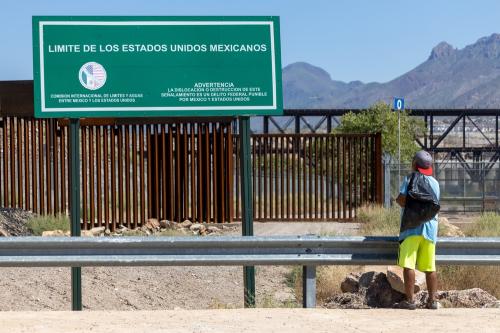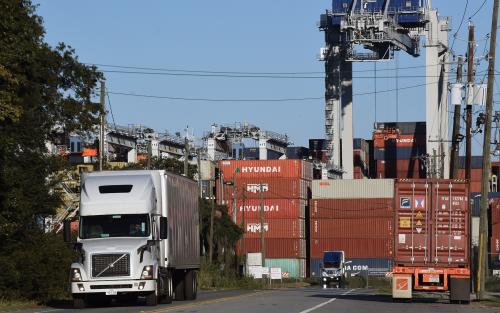Abstract
Immigration restrictions are arguably the largest distortion in the world economy and the most costly to the world’s poor.
Yet, these restrictions seem firmly in place due to fears in rich countries that immigration would exacerbate inequality among natives, fiscally drain the welfare state, and change native culture. Many “new rich” countries are creating a new form of immigration that we argue may help overcome these obstacles. Foreign private household workers, primarily female, constitute more than 6% of the labor force in Bahrain, Kuwait, Hong Kong, Singapore, and Saudi Arabia, and about 1% in Taiwan, Greece, and Israel. Providing temporary visas for these workers can potentially allow high-skilled native women to enter the market labor force. This increased labor supply by native high-skilled workers can increase the wages of lowskilled natives and provide a fiscal benefit by correcting distortions toward home production created by income taxes. Calibration suggests welfare gains to natives from a Hong Kong style program may be equivalent to those from a 2.0% increase in income. However, multicultural societies with a norm of extending citizenship to long-term residents may find this type of migration inconsistent with ethical norms. Programs with temporary, non-renewable visas may be more acceptable in these countries.



